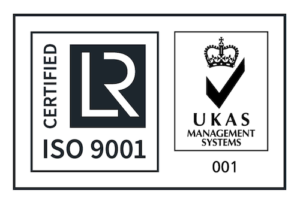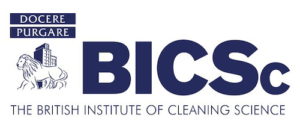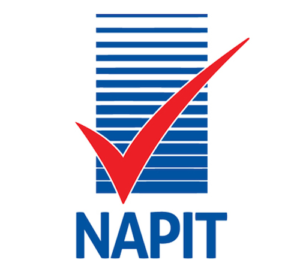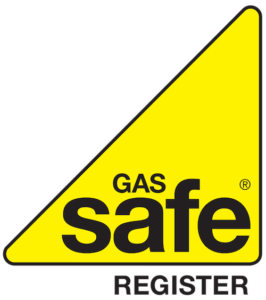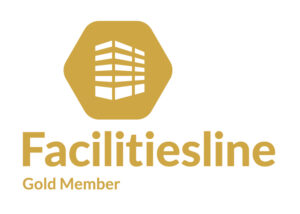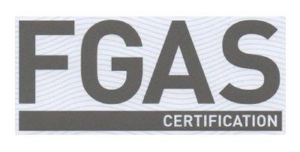Why do we need Planned Preventative Maintenance (PPM)?
Many commercial property owners and leased tenants feel that they don’t need a planned maintenance schedule and that planned maintenance is more expensive than dealing with a problem when it arises. “If it isn’t broken, why fix it?” and “the equipment has run fine for years without any regular maintenance” or “we don’t have the budget for planned maintenance” are common responses we hear from prospective clients.
However, our long-term clients of 5, 10 years plus know from our robust reporting and extensive experience in the FM industry, planned maintenance provides many key benefits as to why you should employ a detailed and managed PPM schedule for your building assets. Here are examples of reasons:
-
Cost Savings:
PPM helps avoid costly breakdowns and emergency repairs by identifying and addressing potential issues before they become major problems. By proactively maintaining equipment and systems, you can extend their lifespan and reduce the risk of unexpected failures, ultimately saving money on repairs and replacements.
-
Improved Equipment Performance:
Regular maintenance ensures that equipment and systems are functioning optimally. This leads to improved performance, energy efficiency, and overall productivity. PPM allows you to identify and resolve minor issues early on, preventing them from escalating and causing significant disruptions to business operations.
-
Minimised Downtime:
Reactive maintenance often leads to longer downtime periods as repairs are only initiated after a failure has occurred. With PPM, you can schedule maintenance activities during planned downtime or low-demand periods, minimizing the impact on daily operations. This proactive approach helps maintain business continuity and reduces productivity losses.
-
Enhanced Safety:
By regularly inspecting and maintaining equipment, you can identify potential safety hazards and address them promptly. This reduces the risk of accidents, injuries, and property damage. PPM can include routine checks on fire safety systems, electrical components, plumbing, and other critical elements, ensuring compliance with safety regulations.
-
Regulatory Compliance:
Commercial properties often need to comply with various regulations and codes. PPM can help you stay in compliance by conducting routine inspections, maintenance, and documentation. By keeping equipment properly maintained and up to code, you can avoid penalties, fines, or legal issues.
-
Long-Term Asset Preservation:
PPM prolongs the lifespan of assets, such as HVAC systems, elevators, and electrical infrastructure. Regular maintenance and timely repairs prevent premature wear and tear, corrosion, and other issues that can lead to the need for early replacement. This extends the life of your assets and maximizes their return on investment.
-
Improved Tenant Satisfaction:
Well-maintained commercial properties create a positive environment for tenants, employees, and visitors. PPM helps address maintenance issues promptly, minimizing disruptions and creating a comfortable and safe atmosphere. This can lead to higher tenant satisfaction, improved tenant retention rates, and a positive reputation for property owners.
Overall, planned preventative maintenance provides numerous advantages and by proactively managing maintenance, property owners can create a more efficient, reliable, and profitable environment.
If you would like to discuss your estate and your maintenance regime further, please do not hesitate to contact us at sales@phosters.co.uk
#phostersFM #PPMs #plannedmaintenance #commercialproperties #propertymanagement







